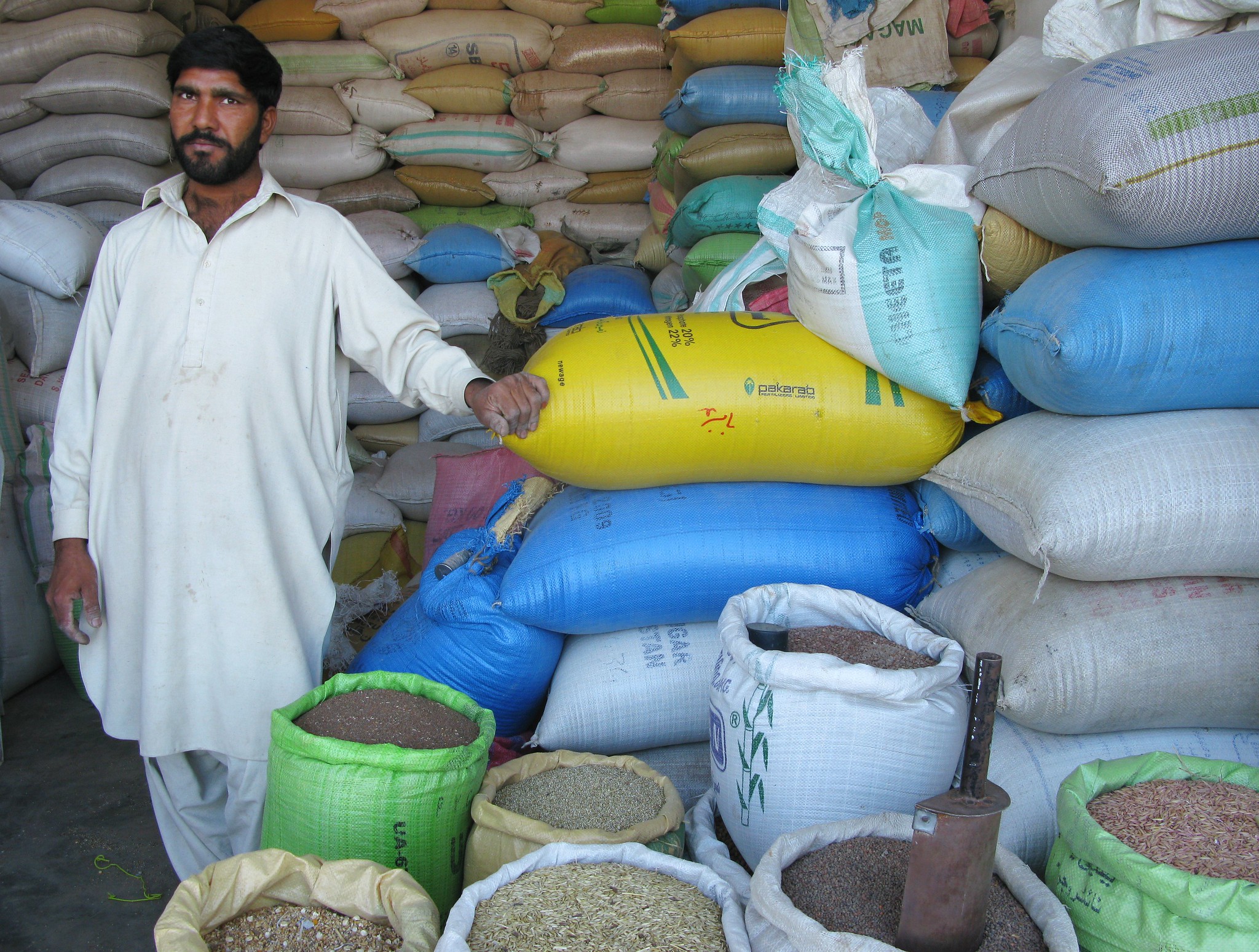The Wheat Productivity Enhancement Program aims to enhance and protect the productivity of wheat in Pakistan by supporting research that leads to the identification, adoption, and optimal agronomic management of new, high yielding, disease-resistant wheat varieties. The main goal of the project is to facilitate efforts of scientific institutions in Pakistan to minimize adverse effects of wheat rusts — including the highly virulent Ug99 stem rust disease — through surveillance and genetically resistant varieties.
As part of the U.S. government’s assistance to Pakistan, the U.S. Department of Agriculture (USDA) and Pakistan’s Ministry of Agriculture have identified the development of wheat varieties with resistance to virulent rust strains as a goal for improving food security and related agricultural production challenges. This document outlines a project for providing cereal rust protection for wheat production in Pakistan.
This wheat production enhancement project is a multi-partner, collaborative research and development program that includes human resource development. The primary external partners — USDA, CIMMYT, and the International Center for Agricultural Research in the Dry Areas — work cooperatively with Pakistan research organizations to refine work plans and implement research and development activities in rust surveillance, pre-breeding, breeding, seed, and agronomy as described in objectives section.
Objectives
- Rust pathogen surveillance
- Pre-breeding to enhance the diversity and utility of rust resistant wheat breeding parent
- Accelerated breeding to develop and test rust resistant, high performance candidate wheat varieties
- Seed multiplication and distribution
- Agronomic management practices


 Climate adaptation and mitigation
Climate adaptation and mitigation 
